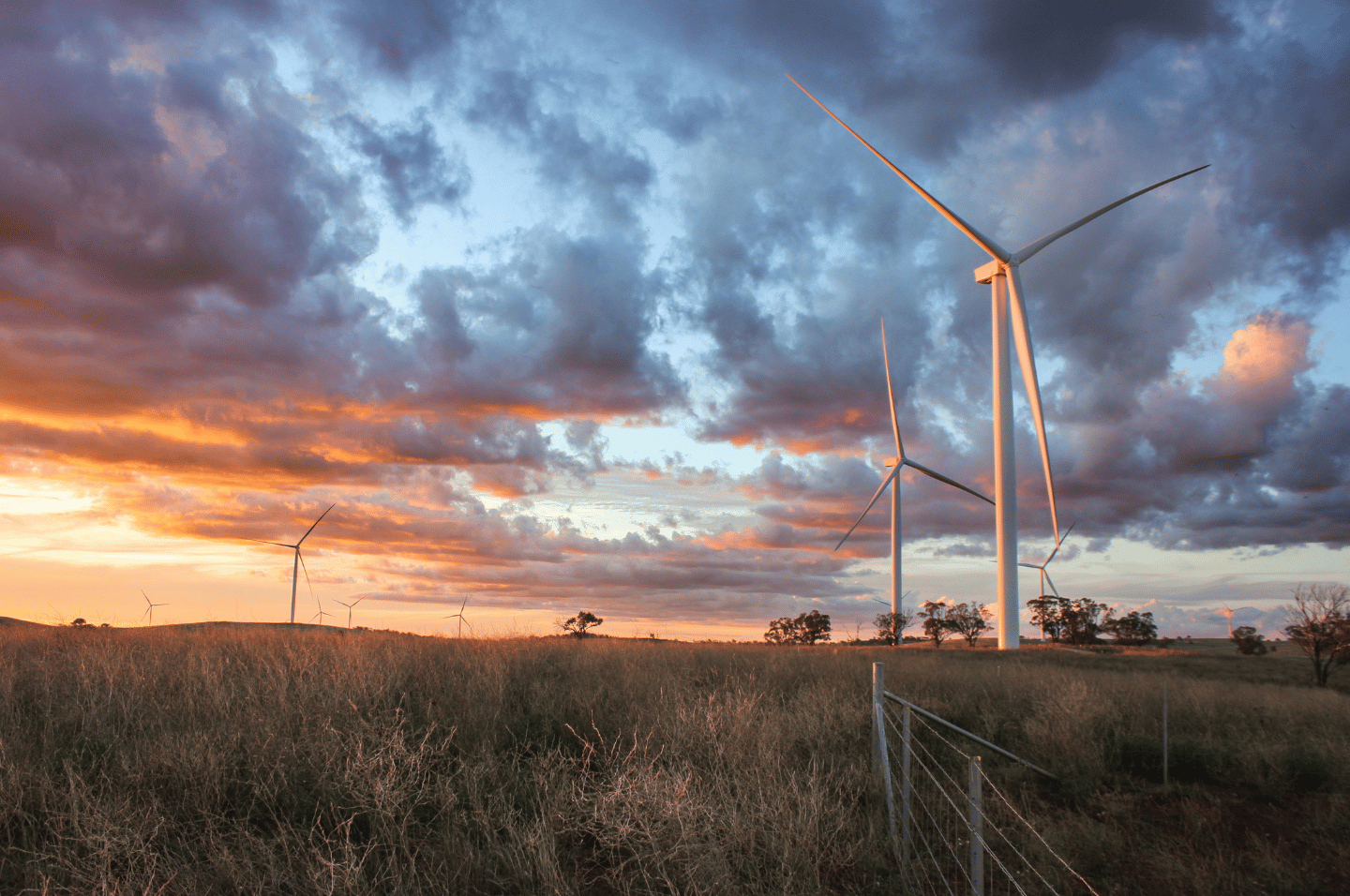A secure energy system is one that can rapidly overcome disruptions or major fluctuations in energy supply, demand, and cost.
Australia depends on imports for its liquid fuels, but we are relatively self-reliant for other forms of energy. We only keep limited stock of petrol and diesel. As motorists switch to electric vehicles, the cars we buy can help improve Australia’s energy security.
Australian liquid fuel consumption
Australia’s self-reliance in transport fuels has declined. We have become more reliant on imports of crude oil and refined fuels such as petrol and diesel. Estimates suggest more than 90% of all fuel consumed in Australia now originates overseas.
In 2022, Australia consumed more than 48 billion litres of fuel, with diesel accounting for most of this consumption. Of the approximately 21 million vehicles on Australian roads, 99% are powered by some form of fossil fuel such as petrol, diesel, or LPG.
More information on Australia’s energy consumption can be found at Australian Energy Update 2024.

Fuel prices
Petrol and diesel cars rely on the global oil industry. While Australia’s supplies of these fuels are secure, the price that motorists pay fluctuates substantially. The reasons behind price changes are complex and Australian prices are generally linked to international factors such as the global oil price, value of the Australian dollar and disruption to supply chains.
Energy in times of crisis
The COVID-19 pandemic demonstrated the benefits of being self-reliant on some critical products and services during times of crisis. In the case of fuel, there is enough stock of unleaded petrol to only cover around one month of normal consumption; for diesel it is even less.
In that context, Australia’s energy security is more important than ever, and this is affected by the kind of cars we choose to drive.
Secure energy for vehicles
Electric vehicles (EVs) are powered by electricity from the grid or directly from local rooftop solar. This means a shift to energy produced almost entirely within Australia. The auto industry’s transition to EVs is an opportunity to increase our self-sufficiency when it comes to transport energy.
Australia is exploring hydrogen energy for vehicles, known as fuel cell electric vehicles. The focus is on producing ‘green hydrogen’, where the hydrogen can be produced locally using water and renewable electricity. The supply of fuel cell electric vehicles is currently severely limited in Australia and any transition to hydrogen fuel in transport is also likely to improve our energy security.
Compare vehicle emissions ratings to reduce your footprint
Explore and compare thousands of vehicle emissions ratings of all engine and body types available in the Australian market


